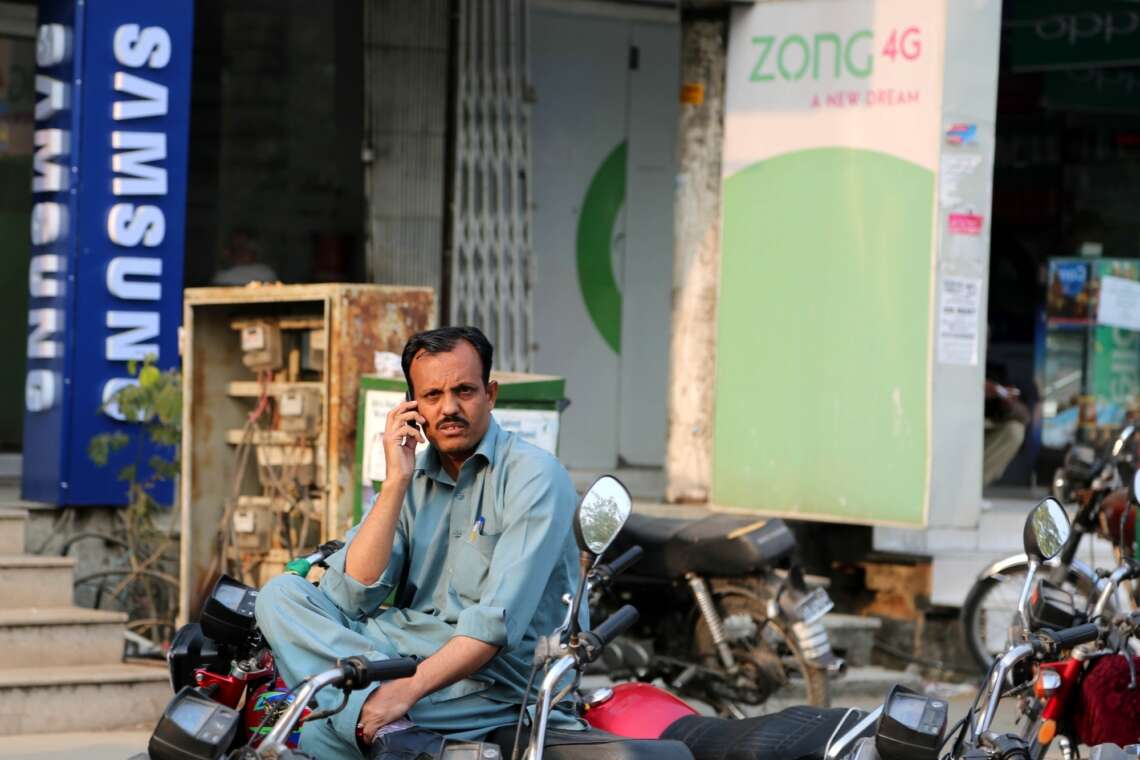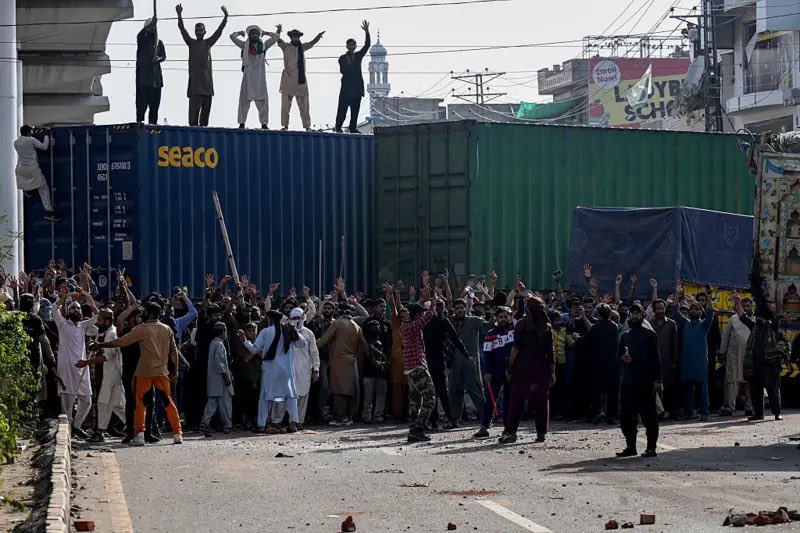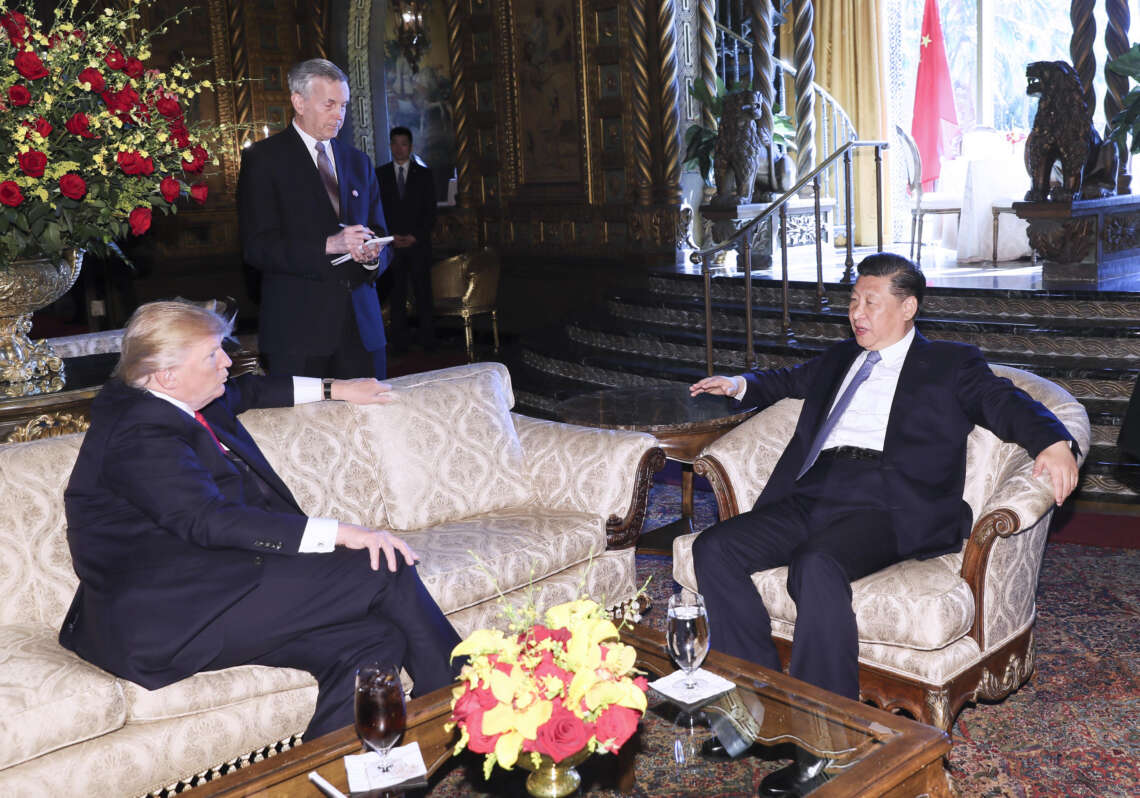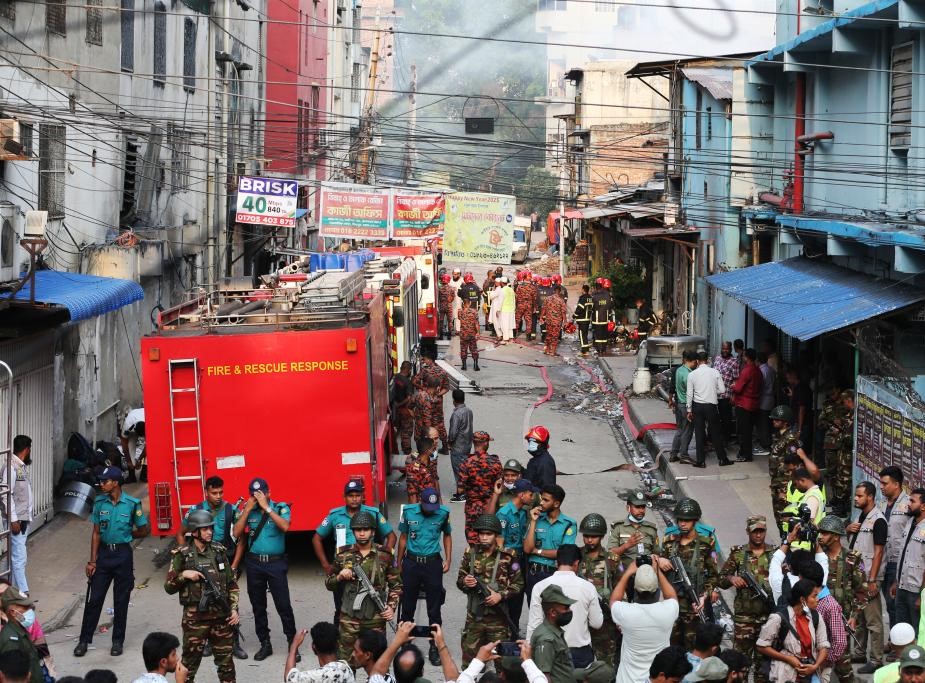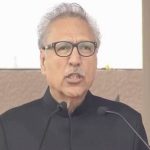The controversial legislation, which criminalises “fake or false” information, has sparked criticism from rights groups, journalists, and civil society.
Human Rights Watch (HRW) has raised serious concerns over Pakistan’s recent amendments to its cybercrimes law, warning that the new regulations pose a significant threat to internet freedom and free expression in the country. The organisation has called on the Pakistani parliament to either repeal or substantially reform the Pakistan Electronic Crimes (Amendment) Act, 2025, which came into effect on January 29.
The controversial law criminalises the dissemination of “fake or false” information, carrying a maximum prison sentence of three years. However, the amendment does not provide a clear definition of “fake or false” news, instead using vague and broadly worded criteria such as content that may “cause fear, panic, disorder, or unrest.” Human Rights Watch has criticised this ambiguity, arguing that such wording grants authorities unchecked power to suppress dissent and limit freedom of expression.
According to HRW, the Pakistani government failed to engage with civil society groups and industry stakeholders before implementing the amendment, effectively curtailing meaningful public debate. The organisation argues that the law’s broad provisions infringe upon fundamental rights and could be used to target critics of the government.
HRW says the Pakistani government failed to engage with civil society groups and industry stakeholders before implementing the amendment, effectively curtailing meaningful public debate.
Patricia Gossman, Associate Asia Director at Human Rights Watch, stated that Pakistan’s amended Prevention of Electronic Crimes Act “neither respects fundamental human rights nor protects the public from legitimate online security threats.” She urged the Pakistani government to reconsider the legislation and remove provisions that unduly restrict free speech.
Under the revised law, the scope of online offences has been significantly expanded, and four new government agencies have been created to regulate digital content. HRW warned that these agencies will have the authority to filter and remove online material based on unclear criteria that do not comply with international human rights standards regarding proportionality and necessity.
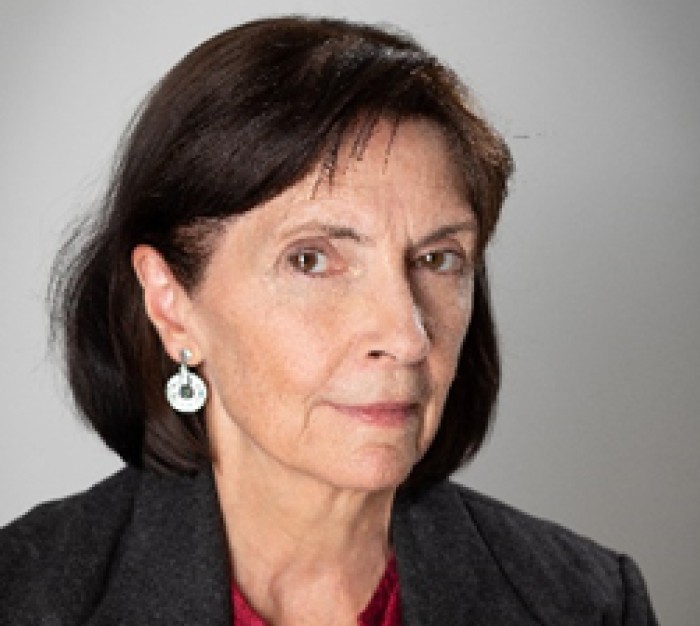
“Pakistan’s amended cyber law neither respects fundamental human rights nor protects the public from legitimate online security threats.” — Patricia Gossman, HRW
One of the most controversial elements of the law is the establishment of the Social Media Protection and Regulation Authority. This body has been granted sweeping powers to order social media platforms to take down content deemed “against the ideology of Pakistan,” “fake or false,” or critical of public figures. The authority can also compel social media companies to register with the government and comply with additional, potentially arbitrary conditions.
The passage of the amendment comes amid a broader crackdown on digital speech in Pakistan. HRW has documented instances of internet shutdowns, network disruptions, and restrictions on digital access as part of the government’s strategy to suppress political protests and control dissent. The authorities have frequently justified these measures under the pretext of maintaining law and order and curbing misinformation.
The independent Human Rights Commission of Pakistan (HRCP) has also condemned the new law, warning that it is “likely to become yet another means of targeting political workers, human rights defenders, journalists, and dissidents by effectively penalising criticism of state institutions.”
Journalists’ associations have also voiced strong opposition to the legislation. The Pakistan Federal Union of Journalists has denounced the amendment as a violation of fundamental rights and has called for widespread protests against the law.
Human Rights Watch has urged Pakistan’s government to reverse course and ensure that any regulations governing digital expression align with international human rights principles. The organisation has stressed that restricting free speech under the guise of combating disinformation will ultimately undermine democratic discourse and accountability in the country.
ALSO READ: Pakistan’s prisons: A masterclass in mismanagement
ALSO READ: Pakistan braces for fuel price hike amid rising inflation


